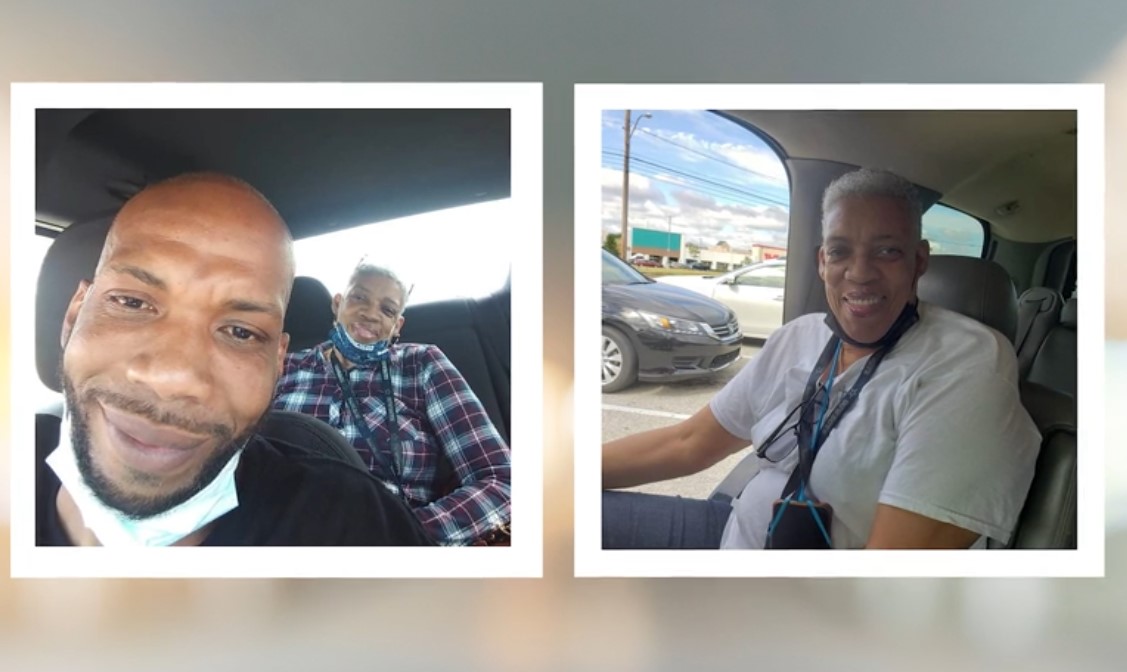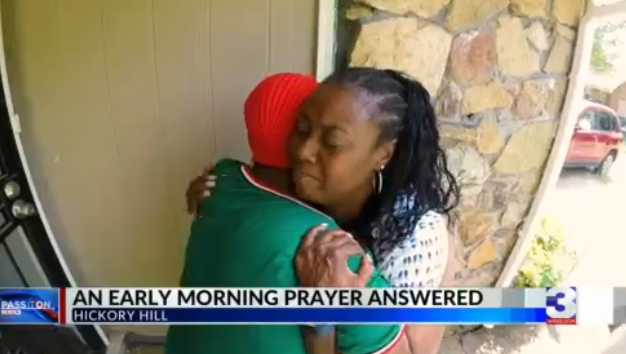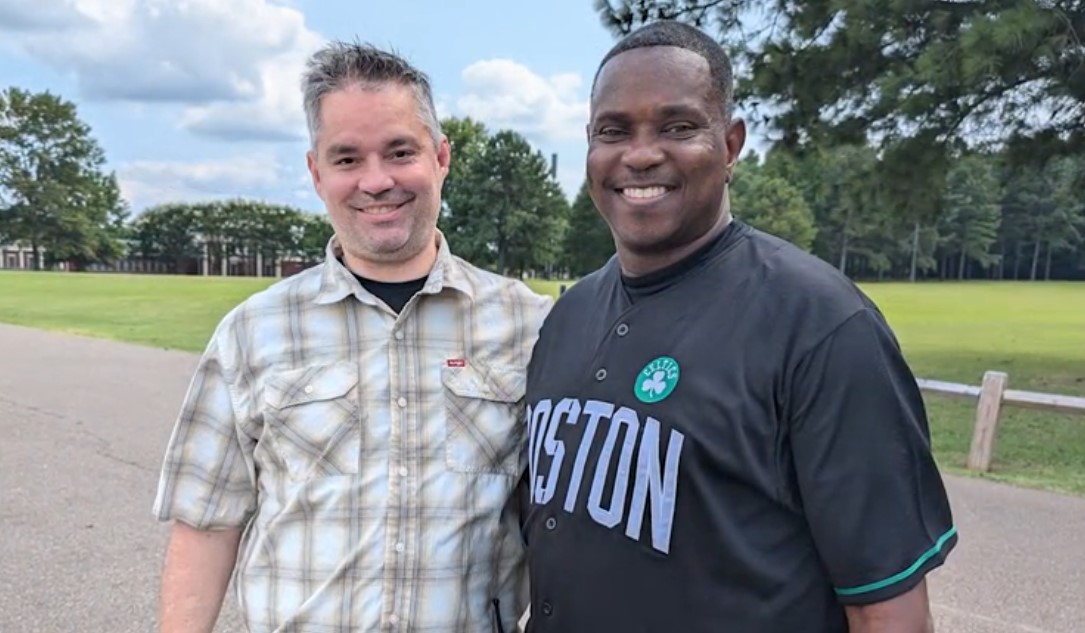BROMLEY, UK — For 25-year-old Jess Searle, growing up with spastic diplegia – a form of cerebral palsy – meant she couldn’t keep up with her contemporaries when it came to the latest video-games. Her struggle to handle standard controllers excluded her from joining in, and it was a similar story for other handheld gadgets that require a degree of dexterity.
“It made me not really bother about technology really, because I struggled so much,” Jess told Reuters. “You’re dissuaded from things like that, you just don’t really feel bothered about doing it so I just found other ways of communicating because that was just easier for me.”
Inspired by his sister’s story, Billy Searle, now a graduate of Loughborough Design School, has created a unique games controller to help people with disabilities improve their mental fitness and dexterity. He named the spherical device ‘Mylo’ – a reference to the mile-long distance that Jess walked for charity in 2016; her determination encouraging Billy to see his concept realized.
“The idea is that Mylo can be an occupational therapy system whilst being a fun, engaging exercise and not seen to be something that someone has to do, but what someone wants to engage with,” said Billy, while showing Jess how the grapefruit-sized gizmo works.
The 3D-printed prototype of Mylo has five light-up buttons around it and an in-built gyroscope and accelerometer that responds to movement during gaming.
“You also speak to it, listen to it and you can rotate it, twist it, shake it and all of these kind of things involving as much sensory input as possible,” added Billy.
It connects to a smartphone or tablet via Bluetooth, and Billy has created several game concepts designed to help disabled people strengthen certain muscles and stimulate their cognitive progression. For example, Mylo features a twistable section that mimics the action of unscrewing a jar lid or turning a door handle. When first asked to give it a try, Jess struggled at first before surprising herself by actually being able to turn it.
“There’s also a mechanism inside that means the more the user plays with the controller it becomes harder for them to twist. So it’s also enhancing their muscle strength so that one day the more they play the game with friends and family they will be able to open the door or open the jam jar which are very small changes but can lead to more possibilities in the future,” said Billy.
Jess’s condition means her arms and legs have abnormal stiffness, and she’s mostly confined to a wheelchair. After handling and playing with Mylo for about half an hour, Jess said the controller opened up more gaming possibilities for her with its emphasis on inclusivity.
“It’s like you’re on mutual ground I guess all the time playing something like this, because it’s easy to hold and easy to use and playing a game along with that as well,” she said.
Mom Julie regrets that her daughter was unable to benefit from such a device as a child.
“I look back and think about how we really did struggle with Jess when she was growing up, school and life and socializing… Jess was very isolated,” said Julie Searle, adding: “It brought home to me watching today how it’s vital really that something like this in one shape or another makes it to everyday kids’ development.”
Billy Searle is now looking for potential investors to help him develop his prototype into a finished product.
For Julie, however, pride for her son’s idea is tinged with sadness at the lost opportunities for Jess.
“I would love to have turned the clock back and seen Jess benefit from something like that,” she said.






















